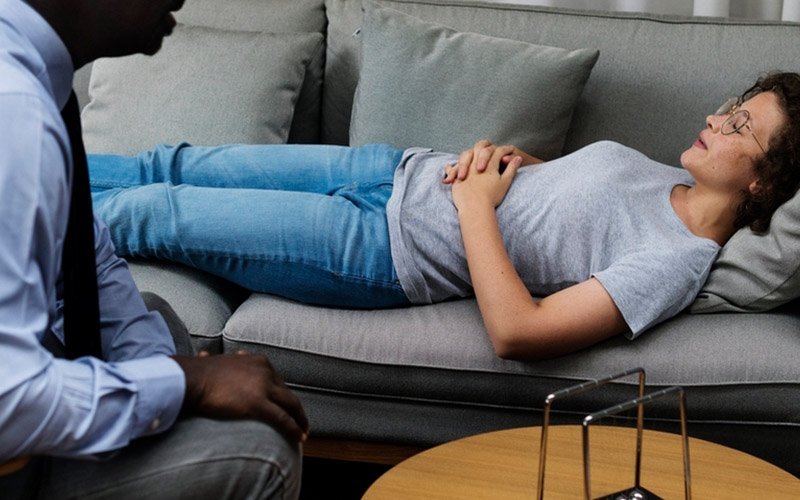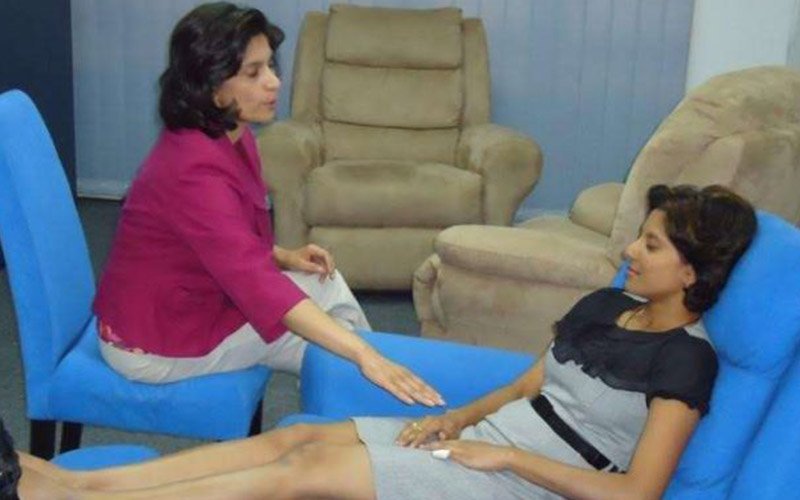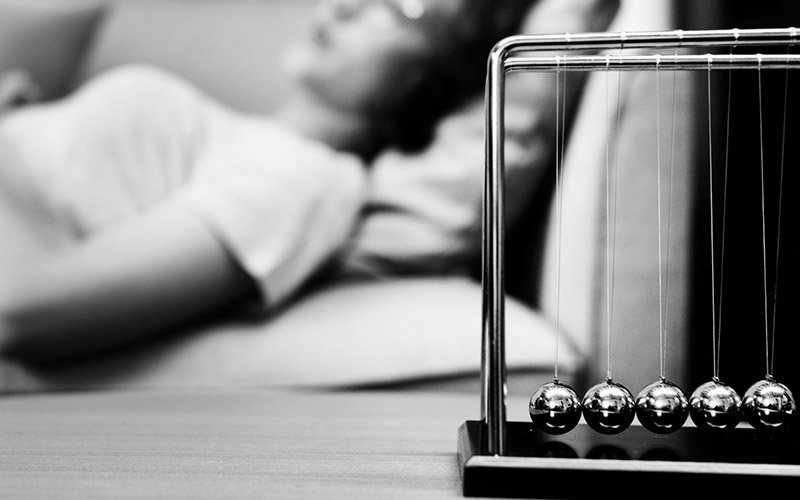How hypnotherapy can help with depression
https://www.freemalaysiatoday.co
How hypnotherapy can help with depression

Even as everyone returns to work and daily routines, it is hard to forget that in Malaysia close to 25,000 people have died from Covid-19. Our celebrations will be tainted by sadness for many years to come.
The Covid-19 pandemic has brought mental and behavioural health into focus. The most common issues are anxiety disorders and depression and people seeking help have increased to between 30%-50%.
With only about 400 registered psychiatrists for a population of 32 million, a growing number of people are also seeking help from NGOs, private counsellors and clinical hypnotherapists.
On June 26, the London College of Clinical Hypnosis (LCCH) Asia launched Malaysia’s first virtual clinical hypnotherapy centre offering support that could reach people in each state without the need for travel.
The initiative was launched by Dr Chong Chee Kheong, Deputy Director of Public Health at the Health Ministry.

Clinical hypnotherapy is a combination of psychotherapy or counselling with a deep state of relaxation called hypnosis. One benefit of hypnosis is that it works by helping people relax quickly.
Imagine being able to let go of your stress in 20 to 30 minutes. Most people leave feeling refreshed and with a new found confidence to cope with their challenges.
Is it magic?
Hypnosis is a naturally occurring state, which you have probably already experienced today. It is very similar to drifting into autopilot when you’re driving a car or having a pleasant daydream.
These states are called waking hypnosis and they allow your body and mind to naturally de-stress.
Most people seeking therapy at this time are mentally full up. It is difficult to think clearly when you feel overwhelmed and the compounding impact means that it is difficult to sleep, you worry more and start feeling hopeless.
Talking to someone helps. But a clinical hypnotherapist will also guide you into a state of deep relaxation that allows you release unwanted physical and psychological stress.
It is not magic, but people usually leave the session feeling much better.

Three steps to recovery
Most people who visit a therapist have the need to talk and to make sense of what is happening to them. This is a natural part of healing. It is also the first step towards processing your problem.
You get the best outcome from therapy when you and your therapist work together to find the answer.
Your clinical hypnotherapist will teach you how to use hypnosis for yourself. This simple technique called self-hypnosis is designed to help you cope in-between sessions.
People use self-hypnosis to fall asleep, manage anger, calm down after an argument, build their confidence or just relax.
Using self-hypnosis means that you are no longer a victim to your emotions or situation. You always have a way to cope, a little bit like having your therapist on call.
There is also a very useful side effect. When you use self-hypnosis you reduce your stress response and this gives the body the opportunity to rest and improve the immune system function.
Most people think that their therapist will fix them. The reality is that your mind is extremely resilient.
Challenging circumstances or excessive worries can knock you off balance so an important role for your clinical hypnotherapist is to help you reconnect with yourself and your inner strengths.
Studies show that clinical hypnotherapy is effective across a wide range of symptoms and conditions including ones that sometimes do not respond to other treatments.

Can clinical hypnotherapy help with suicide?
The underlying toll of the pandemic has hit communities hard. Suicide rates have increased and in many Asian countries, women appear to be at a higher risk than men.
Thinking about suicide is not new. But before the pandemic it was common for women to have more suicidal thoughts but for more men to commit suicide.
One possible reason for the growing number of female suicides is that women often carry the additional emotional burden created by the MCOs of childcare and domestic duties.
The restricted movement may also have reduced their ability to talk to peers and places them at higher risk of domestic violence.
There is no simple solution to many of the challenges created by Covid-19. But it is clear that people do need to talk through and process their emotional challenges.
As part of our support for the community, LCCH Asia graduates have joined many other therapists to offer free and partly subsidised therapy for people in need.
Can hypnotherapy help everyone?
Research shows that 90% of people can easily go into hypnosis. It is effective across cultures, religion, gender and age and it is effective in the treatment of many medical, psychological and emotional problems.
Of course, hypnotherapy is not a panacea but there is a growing awareness of its benefits in Malaysia and abroad.
Sheila Menon is the Principal of the London College of Clinical Hypnosis (LCCH) in Asia and Australia, and the CEO of the LSCCH Therapy Centre
End of How hypnotherapy can help with depression

Comments
How hypnotherapy can help with depression — No Comments
HTML tags allowed in your comment: <a href="" title=""> <abbr title=""> <acronym title=""> <b> <blockquote cite=""> <cite> <code> <del datetime=""> <em> <i> <q cite=""> <s> <strike> <strong>